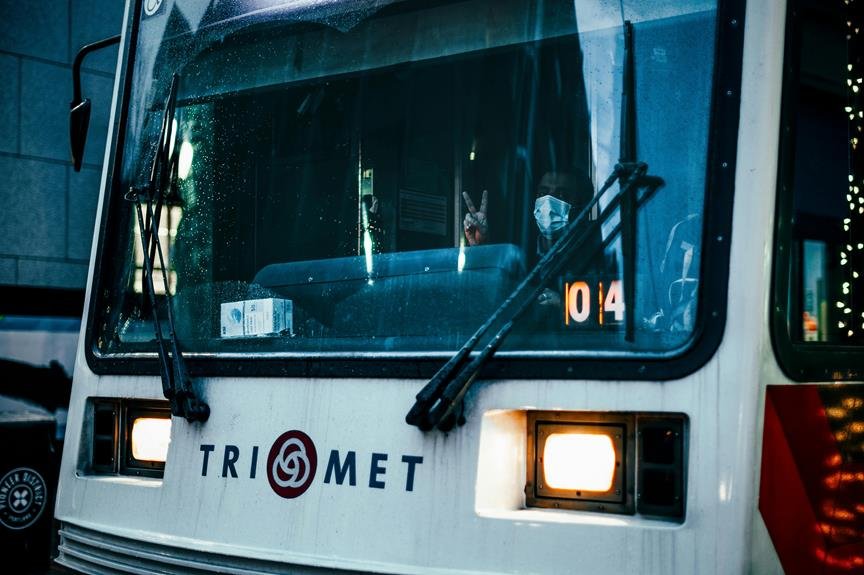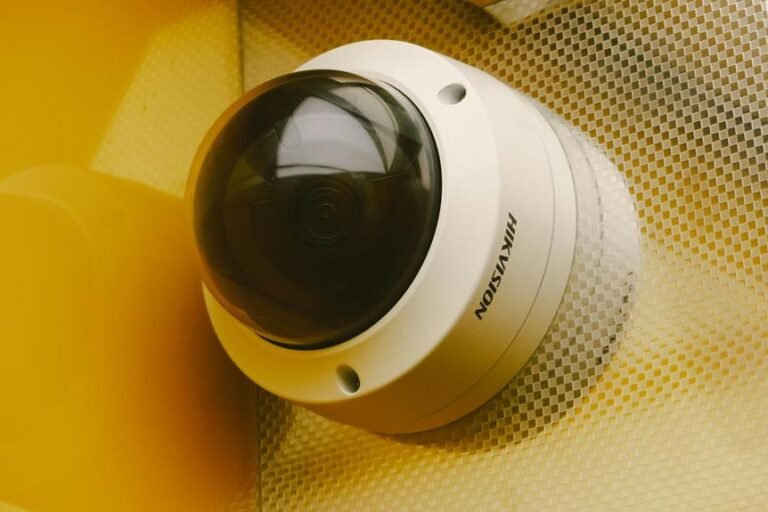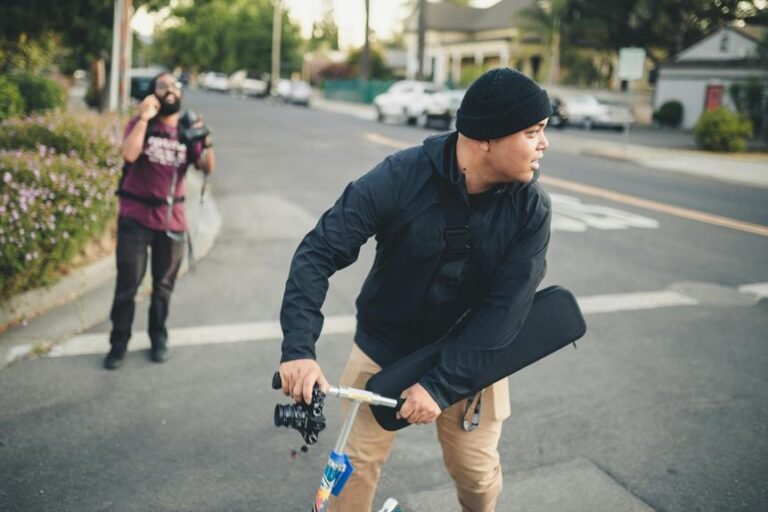Why Is My Reversing Camera Not Working? Solutions for Reliable Vehicle Safety
If your reversing camera isn't working, check for faulty wiring, camera lens issues, water damage, or misalignment from vibrations. Confirm power supply and wiring are intact, without voltage fluctuations. Examine the camera lens for damage, keeping it clean and obstruction-free. Update vehicle software for compatibility and address sensor interference. Reset camera settings if needed, or seek professional diagnosis and repair for accurate solutions. Consider upgrading to advanced systems for enhanced reliability. Promptly addressing these issues is essential for maintaining excellent vehicle safety. Additional insights await on optimizing your camera's performance and ensuring a safer driving experience.
A Quick Overview
- Ensure power supply and wiring are intact and free from damage or voltage fluctuations.
- Check camera lens for cleanliness and signs of damage to ensure clear vision.
- Update vehicle software to ensure camera compatibility and optimal performance.
- Identify and address sensor interference issues caused by electronic devices or environmental factors.
- Reset camera system settings and seek professional assistance for accurate diagnosis and repairs.
Common Reasons for Reversing Camera Failure
If your reversing camera isn't working, common reasons for this failure include:
- faulty wiring,
- a malfunctioning camera lens, or
- water damage.
Camera alignment may also be off due to vibrations or impacts.
Weather conditions like extreme temperatures or moisture can affect the camera's functionality.
Guarantee proper installation and protection from environmental factors to maintain peak performance and safety while reversing.
Check Power Supply and Wiring
To troubleshoot issues with your reversing camera, begin by verifying the power supply and wiring for any signs of damage or disconnection.
Confirm there are no voltage fluctuations affecting the camera's operation.
Examine all wiring connections to guarantee they're secure and free of corrosion.
Addressing these issues can help restore proper functionality to your reversing camera and enhance your vehicle's safety features.
Inspect Camera Lens for Damage
Inspect the camera lens for any signs of damage or distortion that could be affecting its performance.
Confirm the lens is clean and free of any dirt or debris that might be obstructing the view. Look closely for scratches, cracks, or water damage, as these issues can greatly impact the camera's functionality.
Regular lens cleaning and maintenance can help prevent these issues and guarantee excellent camera performance.
Software Updates and Compatibility
Consider updating your vehicle's software and verifying compatibility to troubleshoot issues with the reversing camera. Update vehicles with the latest camera software to address compatibility issues.
Regular software updates are essential for maintaining system compatibility. Troubleshooting tips often involve checking for software updates specific to your vehicle model.
Confirm your vehicle's software is up to date to optimize the performance of your reversing camera.
Address Sensor Interference Issues
Addressing sensor interference issues requires a thorough examination of potential sources disrupting the camera's functionality. Signal disruptions from nearby electronic devices or wiring issues can lead to camera malfunctions.
Additionally, environmental factors such as extreme weather conditions or electromagnetic interference may also affect sensor performance. By identifying and mitigating these interferences, you can guarantee the reliable operation of your reversing camera system.
Reset Camera System Settings
Have you tried resetting the camera system settings to troubleshoot the issue with your reversing camera?
Camera calibration and system compatibility are important for best performance. Resetting the settings can help resolve minor glitches and guarantee proper functioning.
Check the user manual for instructions on how to reset the camera system settings, as this simple step can often rectify common issues with reversing cameras.
Professional Diagnosis and Repair
For professional diagnosis and repair of your reversing camera issues, consult with a certified automotive technician who can accurately pinpoint and fix any underlying problems.
- Diagnosis Precision: Guarantee precise identification of camera malfunctions.
- Repair Expertise: Trust in skilled professionals to fix the issues efficiently.
- Technical Accuracy: Benefit from specialized knowledge and tools.
- Reliable Solutions: Receive lasting repairs for top-notch safety.
Consider Upgrading to Advanced Systems
To enhance your vehicle's safety features, exploring the option of upgrading to advanced systems can provide improved functionality and reliability for your reversing camera.
When considering an upgrade, make sure camera compatibility with the new system to guarantee seamless integration.
Upgrading to advanced systems not only enhances your driving experience but also guarantees optimal performance and increased safety on the road.
Frequently Asked Questions
Can Water Damage Cause a Reversing Camera to Malfunction?
When water seeps into a reversing camera, it can disrupt its functioning. To troubleshoot, inspect for water damage, dry thoroughly, and check connections. Potential solutions include replacing damaged parts or seeking professional assistance for repairs to guarantee peak performance.
Is There a Way to Disable the Reversing Camera Temporarily?
To temporarily disable the reversing camera, locate the corresponding fuse in your vehicle's fuse box. Remove the fuse that controls the camera function. This temporary workaround will prevent the camera from operating until the fuse is reinserted.
How Can Extreme Temperatures Affect the Camera's Performance?
Extreme temperatures impact your camera's performance. Sunlight can cause glare, affecting visibility. Freezing temperatures can lead to condensation or even damage internal components. Regularly check and safeguard your camera to guarantee peak functioning in diverse conditions.
Will a Dead Battery Affect the Reversing Camera's Functionality?
If your reversing camera isn't working, a dead battery can indeed impact its functionality. Low battery voltage can lead to electrical connection issues, causing the camera to malfunction. Make sure your battery is charged for best performance.
Are There Any DIY Fixes for a Blurry Camera Image?
To improve a blurry camera image, consider lens cleaning and checking for software updates. Adjust the angle and inspect the cables for any issues. These DIY fixes can enhance the quality of your reversing camera.







